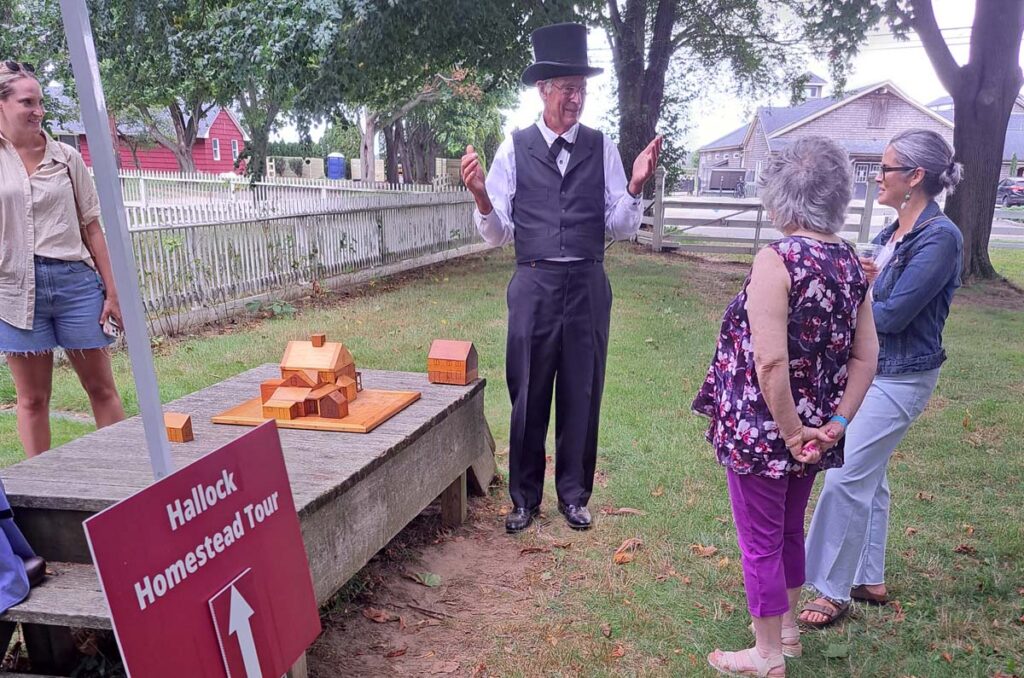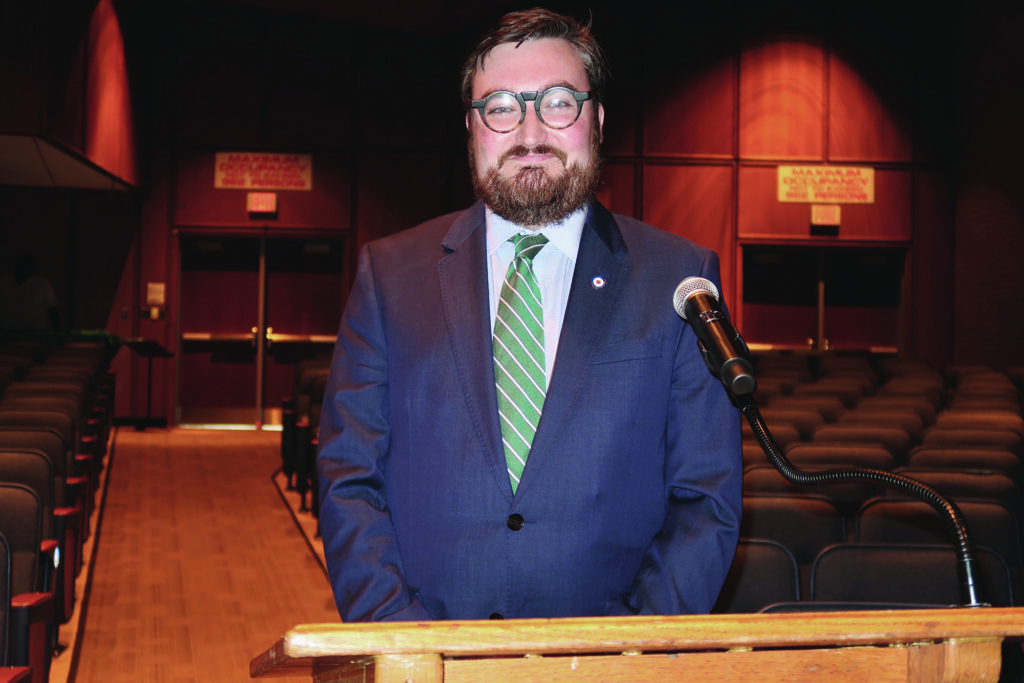Sharing the story of his Irish heritage, Greenport author writes about war, revolution, political division and compassion

In 1985, Gerald O’Hara spent a week with his maternal grandparents in Ireland before he uprooted his life and came to America. Those few days inspired more than 30 years of research into 1,000 years of Irish history and his family’s place in its rich tapestry.
Mr. O’Hara’s mission was simple: document firsthand accounts of his relatives’ lives for his family’s preservation. After tea and much conversation, he recorded Richard and Ellen Cawley’s experiences through turbulent times, from the Irish War of Independence and Civil War through both World Wars. By the end of the week, tales of danger and mercy his grandfather experienced as a member of the Irish Republican Army and a policeman, and the losses his grandmother’s family endured, poured onto his writing pad.
Through additional family interviews, followed by countless hours of research, Mr. O’Hara gathered information on his paternal grandparents, Tom and Margaret O’Hara, and nearly a dozen other family members. His two grandfathers both served in the IRA during the War of Independence, then rooted themselves on opposite sides of the Anglo-Irish Treaty of 1921, which designated Ireland as a self-governing state, but still part of the British Empire. The treaty ended the War of Independence, but kicked off a civil war in Ireland the following year. Though Tom O’Hara was opposed to the treaty and Richard. Cawley supported it; they sought different means to the same end: an independent Ireland. These differences would color the contrasting political beliefs on either side of Mr. O’Hara’s family tree for several generations.
After more than 20 years of research, Mr. O’Hara believed he had a story of interest to readers beyond his approximately 60 extended family members with whom he hoped to share his findings. The Greenport resident of 21 years self-published “Breaking the Mauser Rifle: The O’Hara and Cawley Families and Ireland’s Journey to Nationhood” in 2021. In his rural hometown of Charlestown in County Mayo, he held a celebration at a local arts center, which he said about 100 people attended. He will host library discussions on the North Fork this summer, beginning with a talk at the Southold Free Library Friday, July 7, at 6:30 p.m.
Irish history is a complicated one, but Mr. O’Hara prepares readers with the 1,500 years of backstory required to understand what underscored the 20th-century tumult.
“I go through all of that, but it’s just background. This is not an academic dissertation or something else that’s going to delve deep with massive annotations into the whole of Irish history; it breezes right through it,” he said. “But when somebody finishes the book, they will have a good grounding in Irish history plus the interesting stories from my family as well.”
Among the many characters he follows is his great-uncle, Edward Joseph O’Hara, who served as a corporal in England’s Royal Marines during World War I. This did not sit well with most other members of the O’Hara clan, nor with many of his countrymen.
While talking with Mr. Cawley over tea, Mr. O’Hara probed his grandfather about his time spent serving his nation and heard a story that inspired the book’s title. He and other members of the pro-treaty faction of the IRA came under fire. He sought the anti-treaty shooter, only to discover it was a young man who was smashing his mauser rifle, a superior weapon compared to most in those days, in an effort to escape punishment. Mr. O’Hara said his grandfather lied to his superiors. He said he found the shooter unarmed, sparing his life, despite their stations on opposing ends of political violence.
Throughout the book, Mr. O’Hara discusses dozens of historical horrors, from executions to religious persecutions. But the book also highlights decency and continued civil discourse throughout the strife, and paints people’s better angels as triumphant over political discord and generational trauma. This is perhaps most clear near the book’s end, in which Mr. O’Hara discusses “an isolated incident,” a rocky, early day of what became a successful courtship between his parents, Eamonn O’Hara and Evelyn Cawley.
“My dad was very political because of his father … he was a nationalist to the core, he was anti-treaty and all the rest of it,” Mr. O’Hara explained. “He had gotten into a political discussion, not with my grandfather, his future father-in-law, Mr. Cawley, who sat there and said nothing, but with Mrs. Cawley, my grandmother, whose cousin was [executed by British soldiers], and whose brother was killed in the Civil War.”
Mr. O’Hara’s father was shown the door, but the fence was mended quickly enough, and he was once again welcomed into the Cawley home. While the rift, which Mr. O’Hara compared to the widening political divisions in modern-day America, persisted between the two families, it could not derail the path of true love.
“Tom and Richard were really good men … very political, very much, but they were really good men, in every sense of the word,” he said. “They would not get in the way of their kids … It was just politics, just a bit of an argument in the family that got out of hand and got overheated.
“My mother and father had voted for different parties all their lives,” he added. “They got on terrifically together, they were a really great couple, but politically, they were on opposite sides of the fence, always.”
In addition to a presentation at Southold Free Library, Greenport’s Floyd Memorial Library will host Mr. O’Hara on Aug. 20 at 3 p.m. Anyone interested in learning more about the book or purchasing a copy can email Mr. O’Hara at [email protected].








